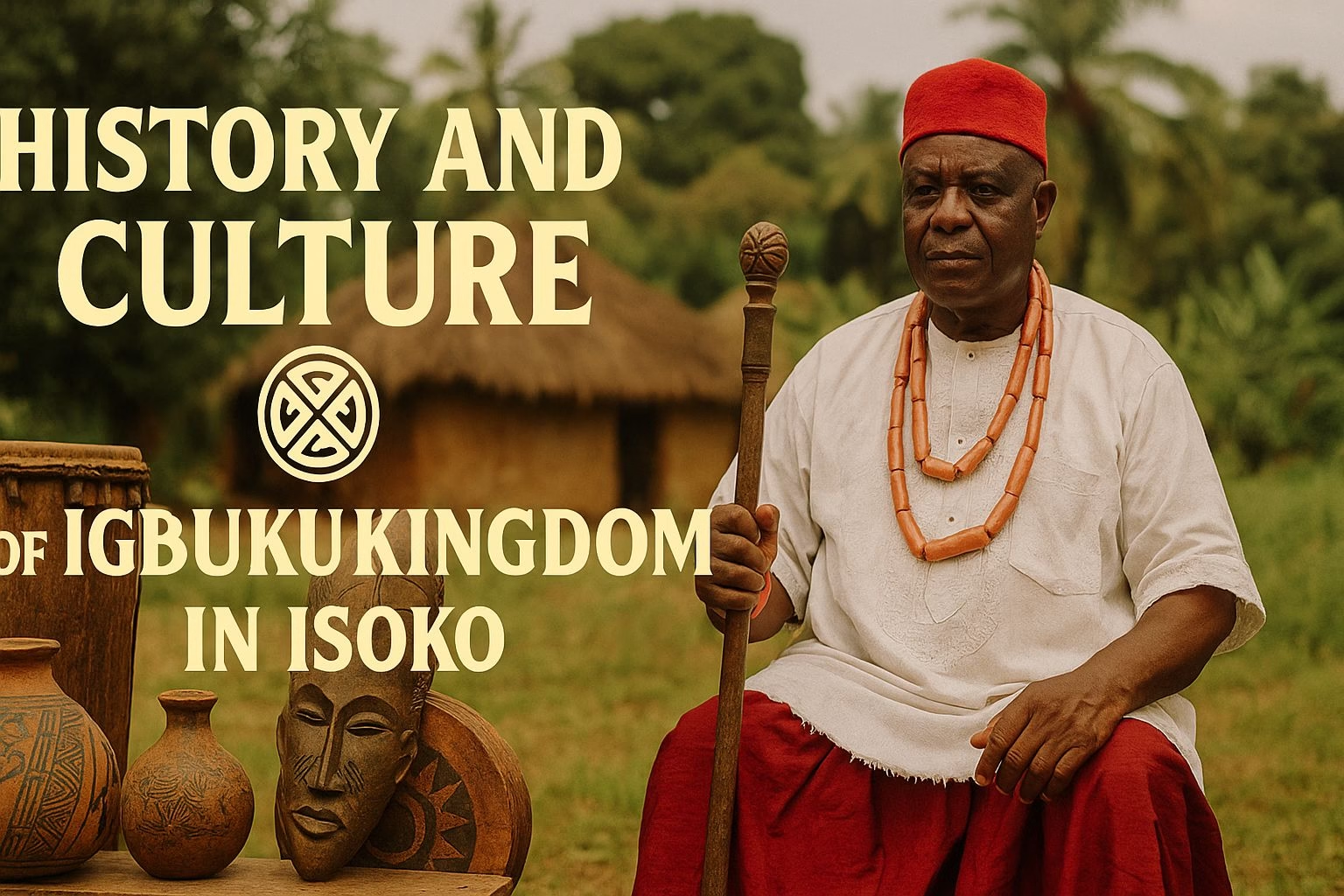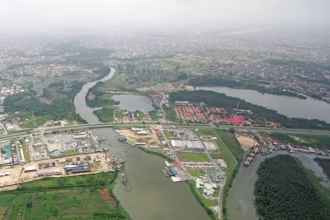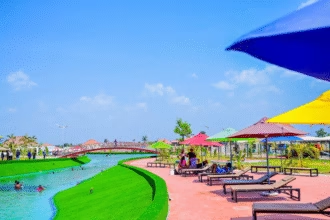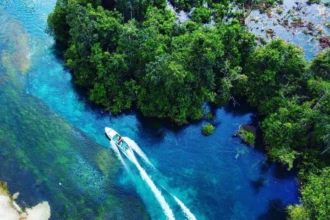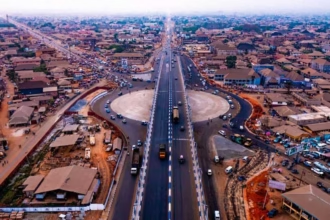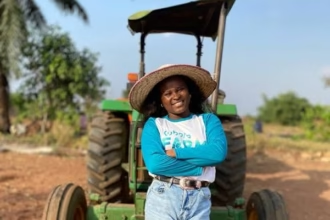Let’s break down the history of Igbuku Kingdom into a clear, chronological narrative based on the details provided by Comr. Jephthah O. Johnson.
Origins and Migration
The story of Igbuku begins with migrations rooted in the Owhe Kingdom of the Isoko people. According to Chief Ben Orupete, a native elder, the earliest settlers migrated from Odhukwe in Ellu, while others came from Ovrode and Aradhe, all tracing their lineage to Akiewhe, a historic figure in Owhe. Another account by Chief F.I. Ossai claims the founding group was led by Onogbeka Orise, who left Uruovo (Otor-Owhe) in Owhe Clan. After a brief stop in Ellu, they settled at a place called Obiakal (Old Igbuku), near the present-day town.
These migrants were later joined by a smaller group from the Ukwani/Ndoshimili area, known today as Ekego. Over time, intermarriage between Isoko and Ukwani settlers created a blended community, with some descendants claiming dual heritage. However, integration was not immediate.
The Founding of Igbuku
The pivotal moment in Igbuku’s history revolves around Igbonusi Igbeluawho, daughter of Igbeluawho Iyede, a founder of Obaka. While gathering materials to weave mats deep in the forest, Igbonusi stumbled upon the Ase River and discovered a mysterious iron shrine by its banks. The shrine emitted sounds like a blacksmith’s hammer striking an anvil. Terrified yet intrigued, she rushed home to inform her father and Onogbeka Orise, the group’s leader.
Onogbeka and his followers visited the site, worshipped the shrine, and deemed it a divine sign. They abandoned Obiakal and relocated to the riverbank, naming their new settlement Igbuku. The land was a virgin forest, which they cleared and divided into five quarters:
- Ogbe-Ukwu (settled by Onogbeka and his followers)
- Ogbe-Asiaba (settled by Igbeluawho Iyede)
- Uriede (settled by Enweku Agamukai)
- Ogbe-Omoku
- Obikwere
Conflict, Integration, and Land Ownership
As Igbuku grew, it became a crossroads for displaced groups. During 14th–15th-century tribal wars, a family fleeing Aboh sought refuge in Igbuku. They settled in Igwuya, a small area near Obaka, but were warned to stay hidden during conflicts to avoid being killed by Ellu warriors (who targeted Ukwani speakers). Over time, this family adopted the title Ukpala-Uku, though they held no political power.
The Ukwani/Aboh settlers in Igbuku were initially marginalized. They served the shrine (Uzo) discovered by Igbonusi, as they were often excluded from farming due to societal stigma (some accounts describe them as lepers). Isoko farmers would share yams and plantains with them after harvests. Despite this, Ukwani families lacked land rights unless inherited through maternal lines or acquired by chance.
Land disputes persisted. Diamond Ioyibo Egurefa, a community leader, asserted that all territory from Ashaka to Ovrode/Ofagbe belonged to Isoko families. Key landmarks like Igburu Lake, Ibo Onogbeka Lake, and Udo Lake were owned by Onogbeka’s descendants, while lands east of the Ase River belonged to the Osusú/Ewarie family.
Governance: From Elders to Deities
Early governance in Igbuku revolved around the Odiologbo (the eldest man). However, Ukwani settlers introduced the Okparuku system, a council of elders. To resolve tensions, both systems merged into a new title: Ozu, derived from a deity at the Oku River.
The Ozu shrine became central to leadership. Legend says farming tools left at the shrine overnight would miraculously sharpen, symbolizing the deity’s power. Though the Ekegu (Ukwani shrine attendants) gained influence by presiding over meetings held in sacred spaces, Chief Lucky Ogbonudu clarified that their role was spiritual, not political. The Ukpala-Uku remained a ritual title, not a ruler.
Cultural Identity and Modern Celebrations
Igbuku’s identity remains tied to its Isoko roots, though Ukwani cultural elements persist. The town celebrates its heritage through events like the Igbuku Carnival, featuring canoe races on the Ase River. A video shot on January 3, 2025, captures this vibrant tradition, showcasing the kingdom’s pride in its history and communal bonds.
Conclusion
Igbuku’s history is a tapestry of migration, divine signs, and intercultural alignment. While land disputes and competing narratives linger, oral traditions and elder testimonies consistently affirm its origins in the Isoko heartland of Owhe. The discovery of the Ase River shrine, the resilience of its settlers, and the fusion of governance systems reflect a community shaped by both struggle and spiritual reverence.
We hope you enjoyed the story, you can contribute using the comments section below and also check out similar stories below… Or Navigate our Isoko News and Information category using the menu on the top of this page.



